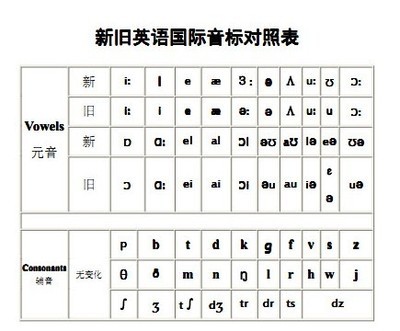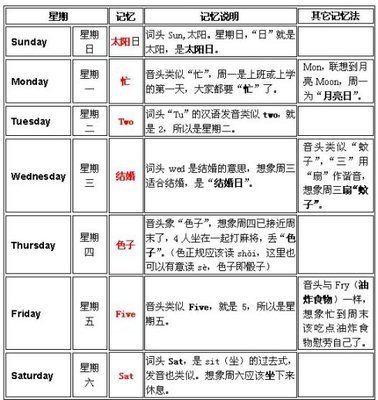记 忆
dilemma [di?lem?](n.困境)。发音似“达赖喇嘛”。联想:达赖喇嘛陷入困境。
guilty [?ɡilti](a.有罪的)=guilt有罪+y形容词后缀。
temptation [temp?tei?n](n.诱惑)=tempt见下+ation名词后缀。※I never resist temptation, because I have found that things that are bad for me do not tempt me.我从不抵抗诱惑,因为我发现坏东西对我是没有诱惑力的。(Bernard Shaw)
reward [ri?w?:d](n.报酬 v.酬谢)。这个是初中词汇。※A good book does reward you for trying to read it.一本好书确实会因为你想读它而奖赏你。
punishment [?p?ni?m?nt](n.惩罚)=punish惩罚+ment名词后缀。
sucker [?s?k?](n.易受骗者)=suck吸+er后缀表“人”。“吸奶(乳臭未干)的小毛孩”。
payoff [?pei?f](n.回报)。这是博弈论中最常见的单词之一。
词 根

guilt [ɡilt](n.有罪;内疚)。直接记。※Life without industry is guilt.不勤勉的人生是一种罪过。
tempt [tempt](v.诱惑)。与temple一起记→寺庙(temple)中的诱惑(tempt)。
attempt [??tempt](v.n.尝试;企图)≈at向+tempt诱惑。“去诱惑”→企图。
contempt [k?n?tempt](n.藐视)≈con完全+tempt诱惑。※Many can bear adversity, but few contempt.许多人能忍受厄运,但极少人能忍受侮辱。
contemptuous [k?n?temptju?s](a.轻蔑的)=contempt+uous形容词后缀。
contemptible [k?n?tempt?bl](a.卑劣的)=contempt+ible可…的。
punish [?p?ni?](v.惩罚)=pun词根“惩罚”+ish动词后缀。
punisher [?p?ni??](n.惩罚者)=punish+er后缀表“人”。
读百科知识, 记英语单词
 爱华网
爱华网



